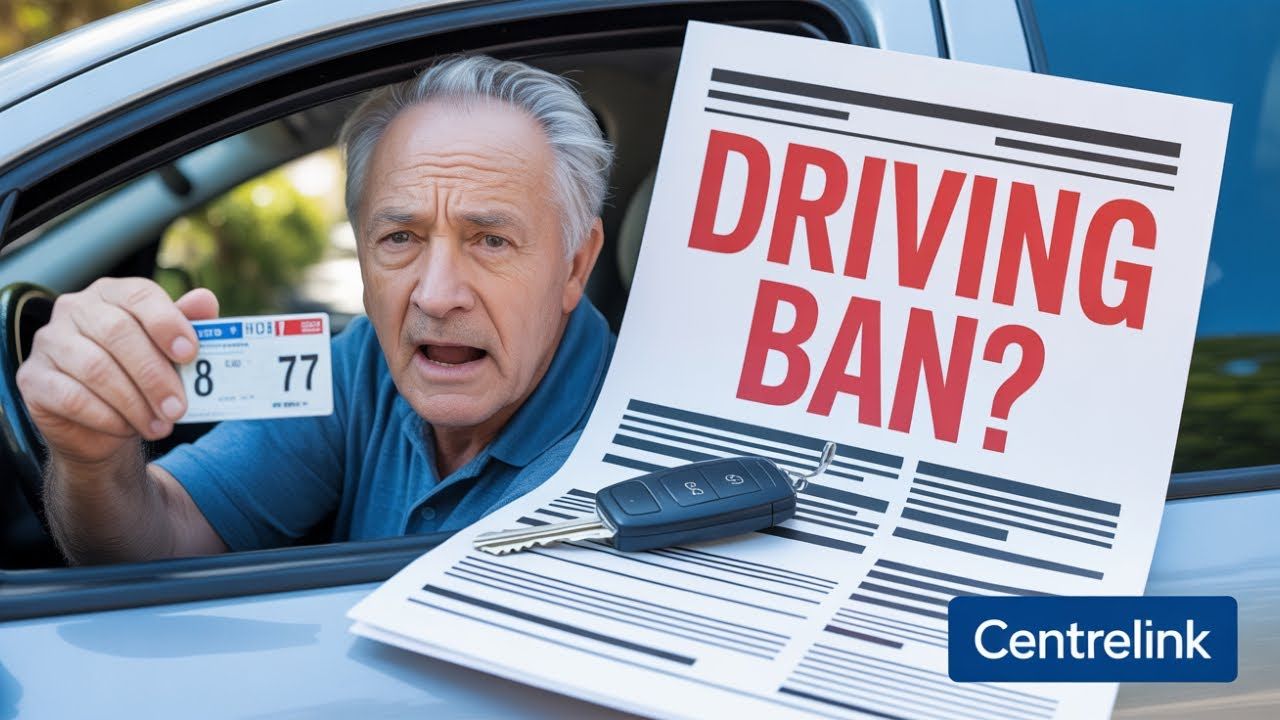In August 2025, Australia’s road safety framework is undergoing one of its biggest shifts in decades, and seniors are at the centre of the debate. Under the new law, drivers over the age of 70 will face stricter requirements to keep their licences. The aim is to balance the independence of older Australians with community safety, but for many seniors, it raises the risk of losing their ability to drive altogether.
Why Seniors Are Targeted Under the New Law
Authorities argue that while many seniors remain safe, capable drivers well into their seventies and eighties, accident data shows an increased risk of road incidents in older age groups. Declining eyesight, slower reflexes, and medical conditions such as dementia have prompted the government to tighten rules for licence renewals. The 2025 changes are framed as a preventive measure to protect both seniors and other road users.
What the New Law Requires
From 1 August 2025, seniors aged 70 and over will face mandatory medical checks every year, regardless of whether they show symptoms of illness. For drivers aged 80 and above, practical driving assessments will also become compulsory at renewal. States and territories will oversee the checks but follow a uniform national standard to ensure consistency.
The changes include:
- Annual medical reports for drivers aged 70 and over.
- Mandatory eyesight testing at each renewal.
- Practical driving assessments beginning at age 80.
- Licence restrictions such as daylight-only driving or local-area driving for seniors who partially meet requirements.
State-by-State Implementation
While the law introduces a national standard, individual states have their own systems for assessments. The table below shows how the new rules apply across Australia.
| State/Territory | New Requirement After 70 | Extra Rules After 80 |
|---|---|---|
| NSW | Annual medical check | Mandatory driving test |
| VIC | Yearly eyesight & health review | Driving test plus possible restricted licence |
| QLD | Medical certificate required | Driving test every renewal |
| WA | Annual health and vision check | Road assessment at 80 |
| SA | Medical declaration with GP verification | Test required from 80 |
| TAS, ACT, NT | Same national rules apply | Driving test plus local restrictions possible |
What This Means for Seniors
For many Australians over 70, driving is not just about convenience it is about independence. Losing a licence can mean isolation, especially in regional areas with limited public transport. Under the new law, seniors will need to demonstrate they are fit to drive on an ongoing basis. Those unable to pass tests may be offered restricted licences, such as permission to drive only during daylight hours or within a certain radius of home.
Community Impact and Reactions
The law has sparked mixed reactions. Road safety advocates welcome the move, citing the need to reduce risks for vulnerable road users. Senior advocacy groups, however, warn that the rules could unfairly penalise healthy, capable drivers simply because of their age. They are calling for better access to public transport and mobility support to offset the potential loss of independence.
Final Thoughts
Australia’s new 2025 road law marks a turning point in how the nation views senior drivers. While the measures are designed to enhance safety, they also bring new challenges for older Australians who rely on their cars for daily life. Seniors should prepare early by booking health checks, ensuring their vision is up to standard, and considering alternative mobility options in case their licence is restricted or revoked.




